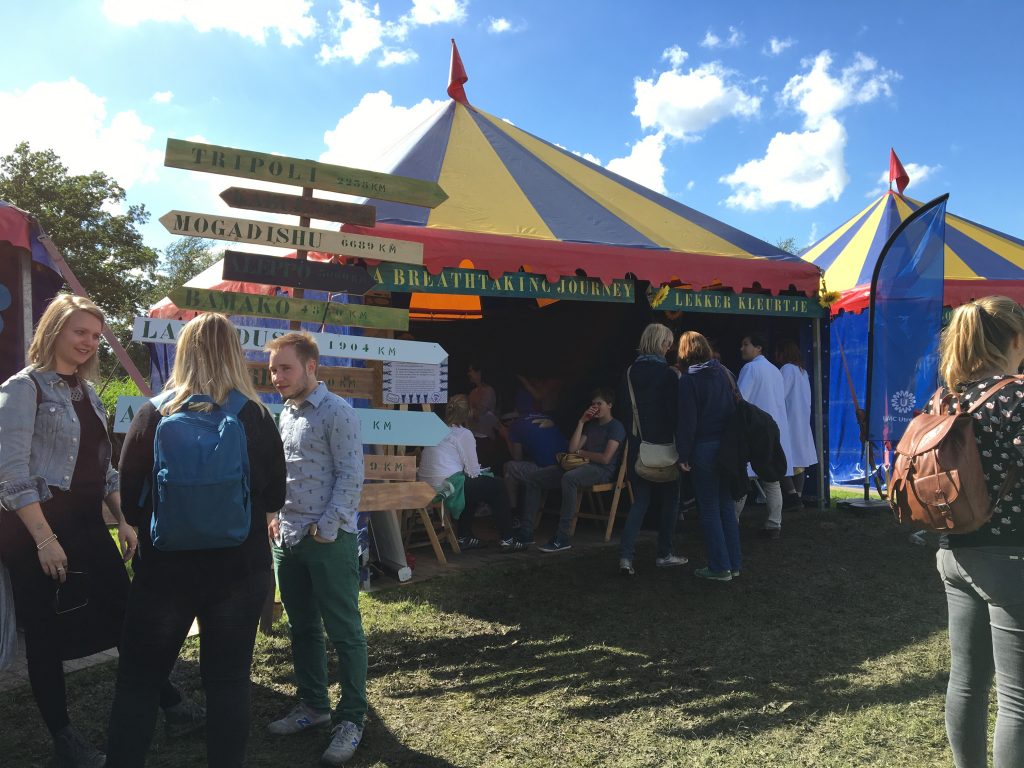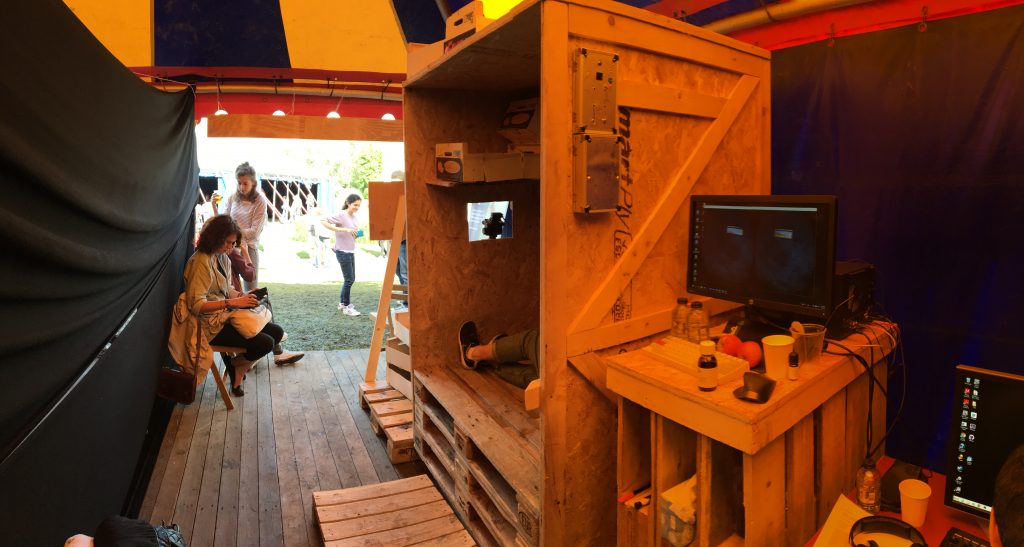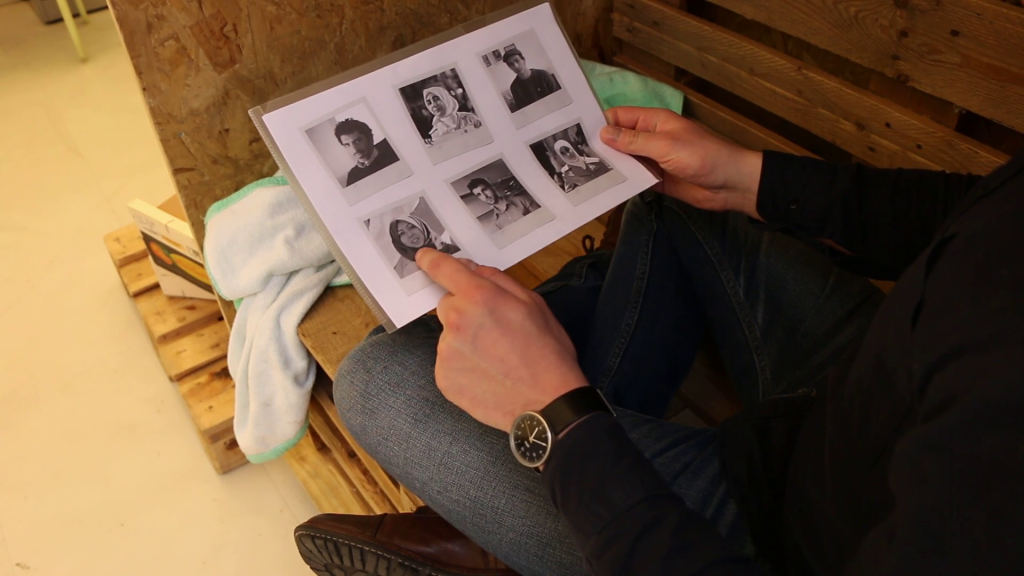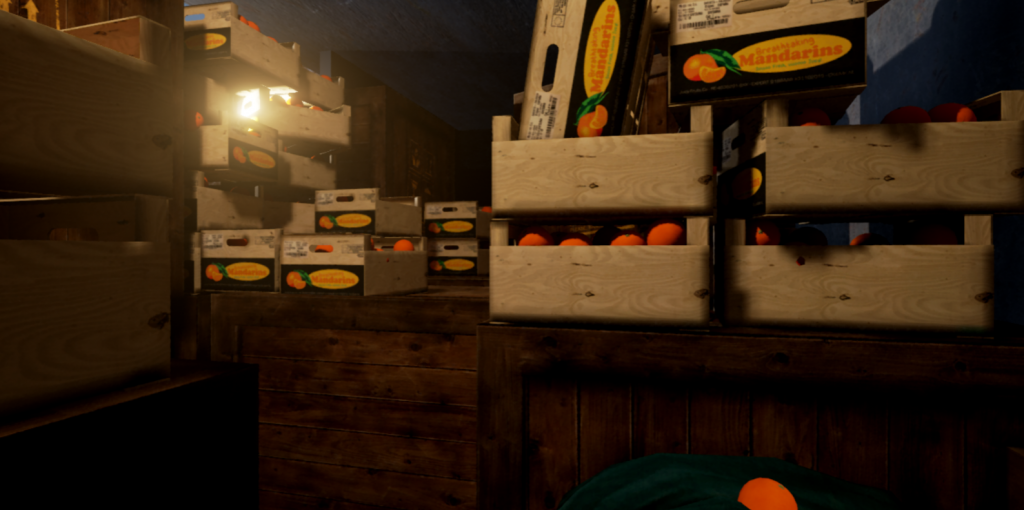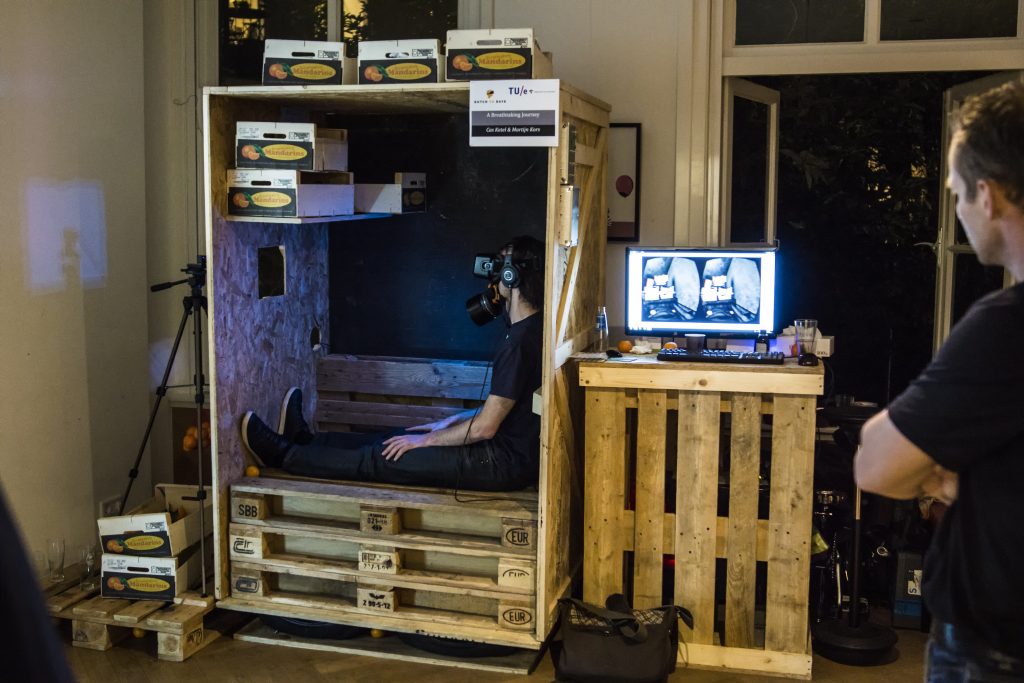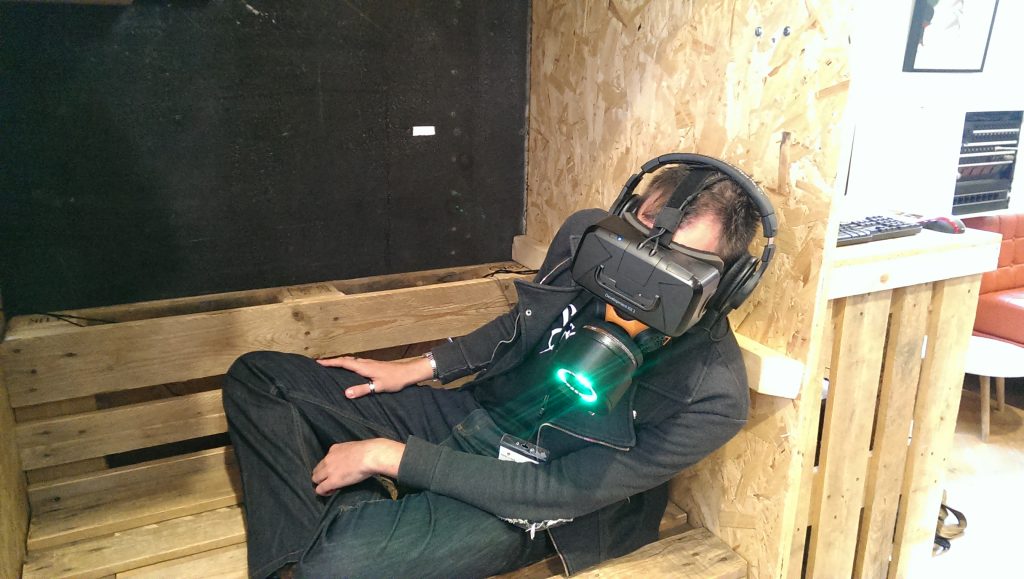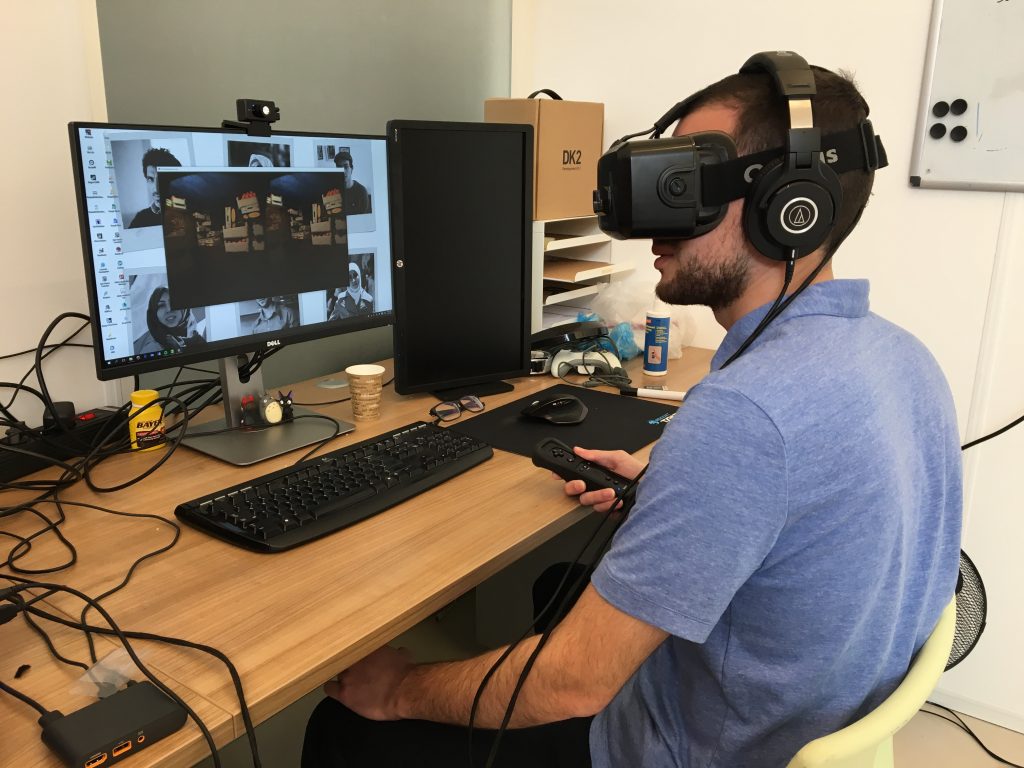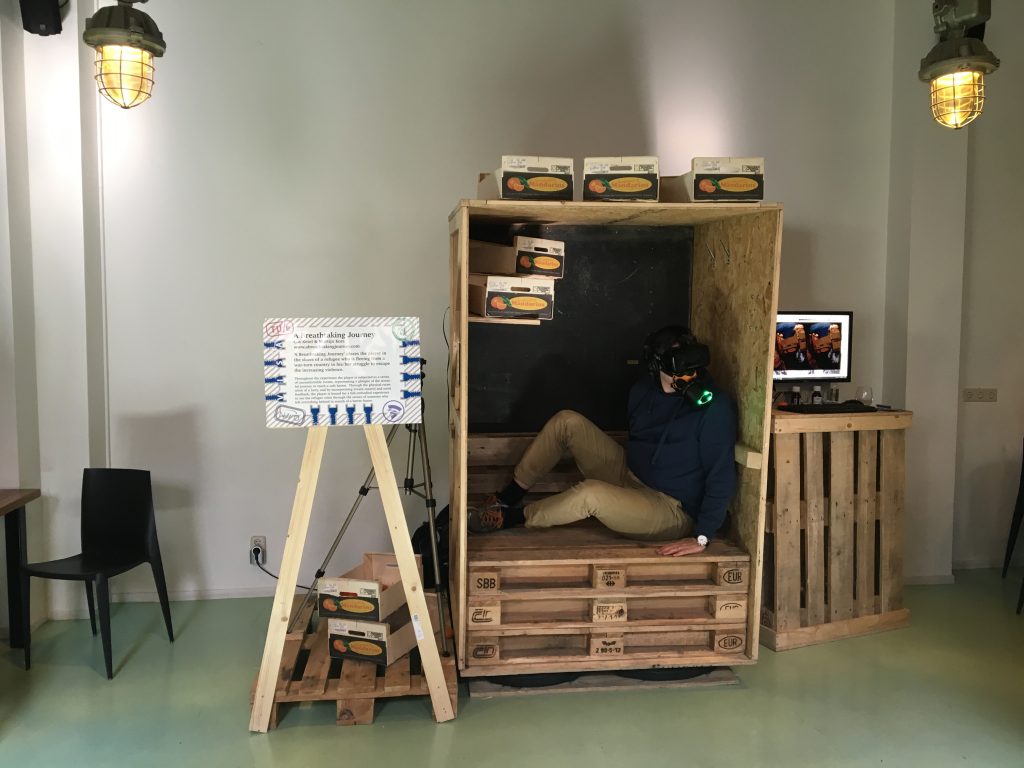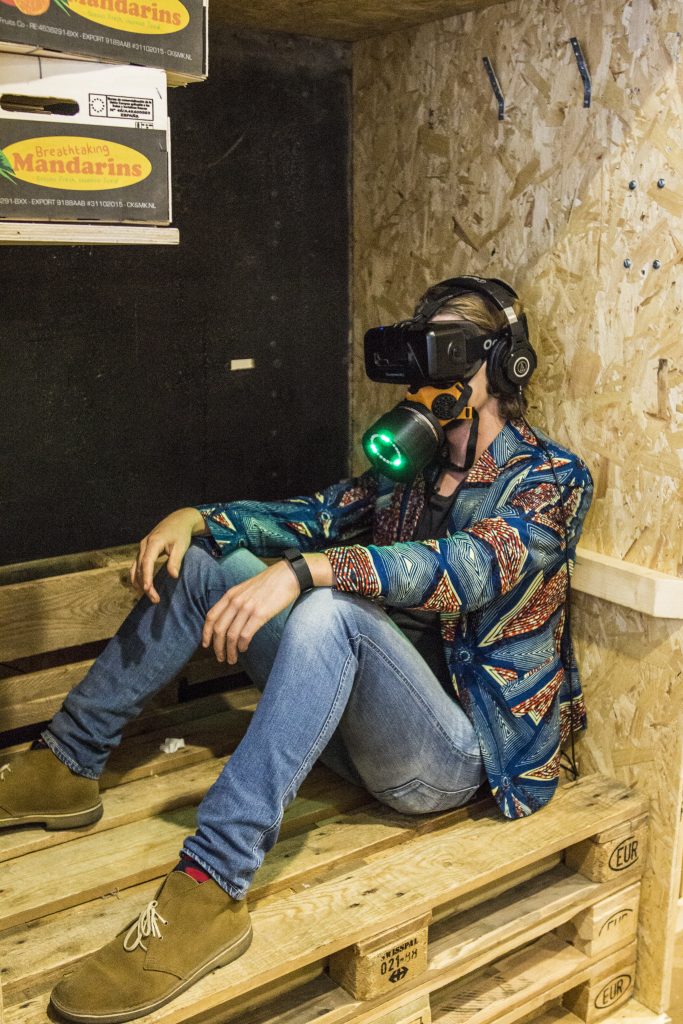The “Persuasive Gaming in Context” project (2013-2018) is a collaboration between Utrecht University, Eindhoven University of Technology, Amsterdam University of Applied Sciences, Erasmus University Rotterdam, IJsfontein, Submarine, and funded by the The Netherlands Organisation for Scientific Research (NWO). The research in this project is concerned with the characteristics, design principles, and effectiveness of Persuasive Games. Persuasive Games are interactive entertainment designed to shape how the player thinks and feels about issues in reality, or simply games designed with the intent to shape player’s attitudes. Theoretically, we develop the innovative approach of a constant and intense interaction between what is drawn from theory with the actual design of game experiences. By following a Research through Design approach, we generate knowledge through the design of exemplar persuasive games. Driven by industry we currently focus on the opportunities of immersive multi-sensory experiences to support the transfer of persuasive messages in games, and subsequently question what design strategies are successful for the persuasive game design process.
Product: A Breathtaking Journey
A Breathtaking Journey (ABTJ) is a mixed-reality game designed to raise empathy and shape attitudes towards refugees. ABTJ was born out of a project with Amnesty International in the Netherlands in which we set the objective to explore how interactive entertainment could help motivate people to change or reinforce attitudes towards human rights related issues. ABTJ places the player in the shoes of a refugee who is fleeing from a war-torn country, hiding in the back of a truck, to reach a safe haven. Throughout the experience the player is subjected to a series of uncomfortable events, representing a glimpse of the stressful journey of a refugee to reach a safe haven. The physical recreation of the truck offers the player a multi-sensory experience in which she can touch the superimposed environment and its materials, feel the truck shaking and experience the tactility of falling objects, smell particular scents, and use their own breath to determine whether one will get caught or not. The game has been developed to study the influence of multi-sensory immersive experiences on presence, empathy and ultimately on attitude change. In 2015 the project was selected as ‘best of VR Days’ and in 2016 its companion full-paper received an honorable award at the 2016 Annual Symposium on Computer-Human Interaction in Play.
Project Presentation at Public Events:
Dutch VR Days, 2015
Bright Day, 2015
Groninger Forum: Virtual Playground, 2015
Culturele Zondag, 2016
Night of the Nerds, 2016
Festival De Beschaving, 2016
Dutch Design Week, 2016
Featured in Media:
Product: Hot Clouds (codename, in development)
Hot Clouds is a mixed-reality game to raise empathy for evacuees of the 2011 Fukushima Daiichi Power Plant disaster in Japan, and intents to shape attitudes for the discontinuation of nuclear energy. The project is currently in development and is intended to premiere in September in 2017 at the Fukushima Film Festival in Japan. The game presents a persuasive message about the dystopian consequences of nuclear accidents with in particular their impact on the environment and society through the eyes of a evacuee currently living in temporary housing. The project follows a Research through Design approach in which knowledge is generated through making practises, in which documentation and design reflection are integrated in the production process. In this project we study the design opportunities of immersive technology, in particular that of multi-sensory experiences, for raising empathy and shaping attitudes.



